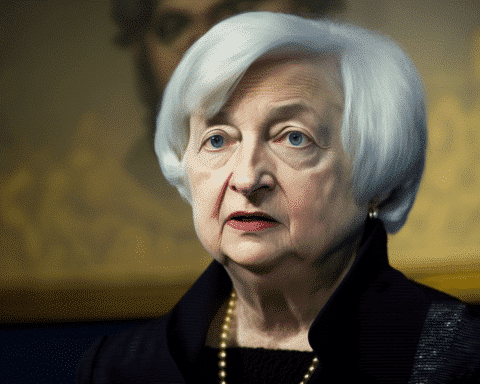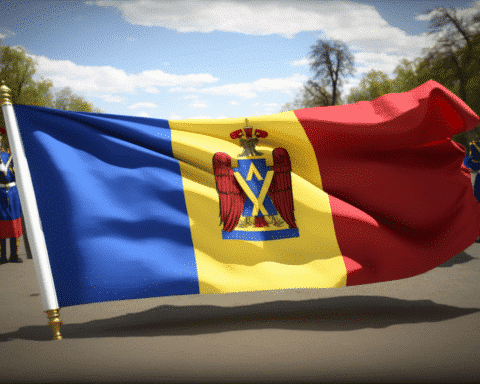The Russian government declared on Friday that it would reduce its oil production by half a million barrels per day starting next month in response to the western nations’ imposition of a price cap on its crude oil due to its involvement in the Ukraine crisis.
Deputy Prime Minister Alexander Novak stated that Russia currently sells all of its crude output but will refrain from selling to those who abide by the “price ceiling” directly or indirectly. Various Russian news agencies reported these comments.
In order to restore market-style relations, he said Russia would voluntarily cut its oil production by 500,000 barrels per day.
According to analysts, this reduction in production could be Russia’s response to the imposed price cap as a way to raise oil prices, which may eventually result in higher gasoline prices for consumers globally, as there will be less oil available in the market.
On Friday, the international benchmark Brent crude saw a 2.2% increase, reaching $86.42 per barrel.
A $60 per barrel price cap on Russian oil shipped to non-western countries has been set by the Group of Seven major democracies, intending to maintain a steady oil supply to the world to minimize price spikes and constrain Russia’s financial gains, which could be used to fund its campaign against Ukraine. The cap is being enforced by blocking Western companies, which mainly control shipping and insurance services, from transporting oil priced above the limit.
Russia has stated that it will not sell oil to countries abiding by the imposed price cap, which has become a moot issue as Russian oil has recently been trading below the cap. Despite this, the price cap, in conjunction with the European Union embargo on most Russian oil and decreased demand for crude, has allowed customers in India, China, and Turkey to negotiate substantial discounts on Russian oil.
The impact of the 500,000 barrels per day cut remains to be determined due to the slowing global economy and its effect on oil demand.
The OPEC+ alliance of oil producers, which includes Russia, attempted to boost oil prices with a production cut announcement of 2 million barrels per day in October but saw prices fall below $80 per barrel by December.
When asked about consultations with OPEC+ members regarding Russia’s new production cut, Kremlin spokesman Dmitry Peskov mentioned that “there had been conversations with some members of the OPEC+,” but did not provide any further details. However, Deputy Prime Minister Alexander Novak later stated that the cut was made voluntarily without consulting anyone.




